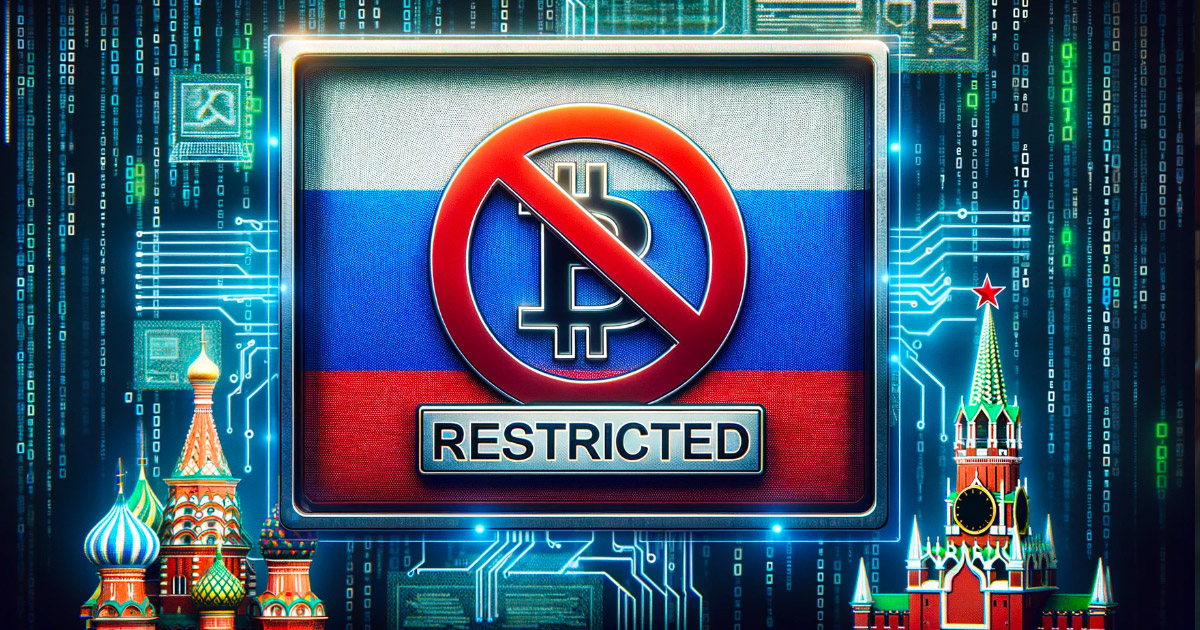Web3 communication protocol WalletConnect has restricted Russian users from using its service following recent sanctions by the U.S. Office of Foreign Assets Control (OFAC).
“In light of the latest legal and OFAC guidance, WalletConnect has restricted the availability of the WalletConnect Protocol in Russia. Certain regions of Ukraine were temporarily impacted; service has since resumed.”
On Oct. 31, WalletConnect’s CEO Pedro Gomes confirmed that the restrictions complied with the updated OFAC guidelines and were kickstarted on Oct. 30.
According to Gomes, the platform had restricted access to its services for some parts of Ukraine. However, these restrictions have been lifted as of press time.
Additionally, the CEO debunked rumors that the protocol blocked users from other non-sanctioned countries, saying, “We can confirm that no other countries were blocked.”
Crypto community displeased
Meanwhile, members of the crypto community have expressed displeasure at WalletConnect’s new move, pointing out that it contradicts the tenets of decentralization.
An X user, Krakovia, said, “Very cringe. Seems you’re not all in for web3, after all.”
Crypto developer Naim Boubziz said:
“What is the OFAC document specifying this obligation? I’m curious to read the document that mentions the limitation of a messaging protocol such as WalletConnect.”
Similarly, other users noted that the restriction might not be effective as the affected users can simply use a VPN.
OFAC Sanctions on Crypto-related Entities
Notably, WalletConnect’s action comes following a recent update of the OFAC sanctions list for entities participating in the Russia/Ukraine war, as well as that of Israel and Palestine.
Over time, OFAC has engaged in different strategies to curb the illicit usage of crypto to support war efforts. Some of the strategies include the listing of certain crypto companies on the sanctions list.
The authorities recently sanctioned a Gaza-based crypto company for allegedly facilitating crypto transactions for Hamas terrorists.
Credit: Source link
































